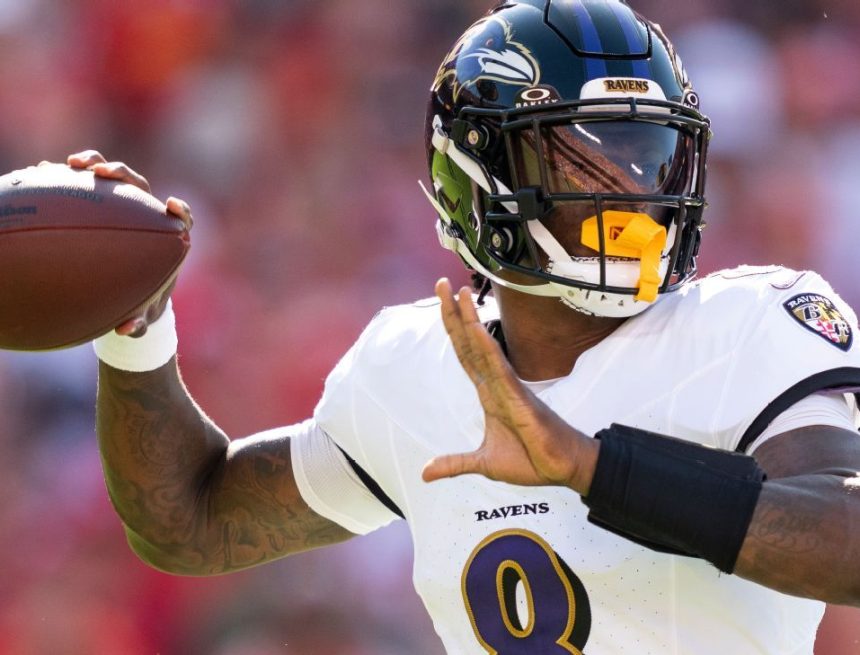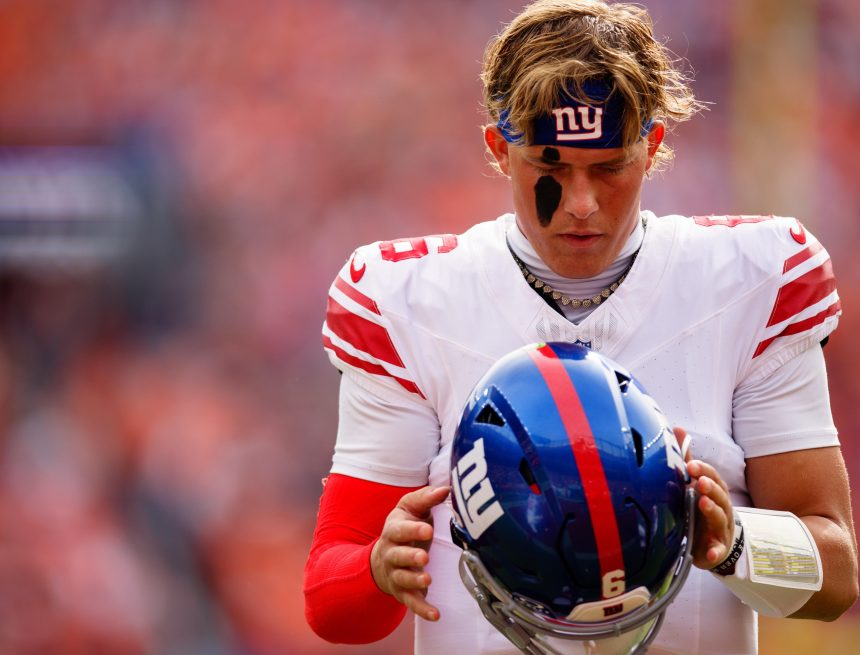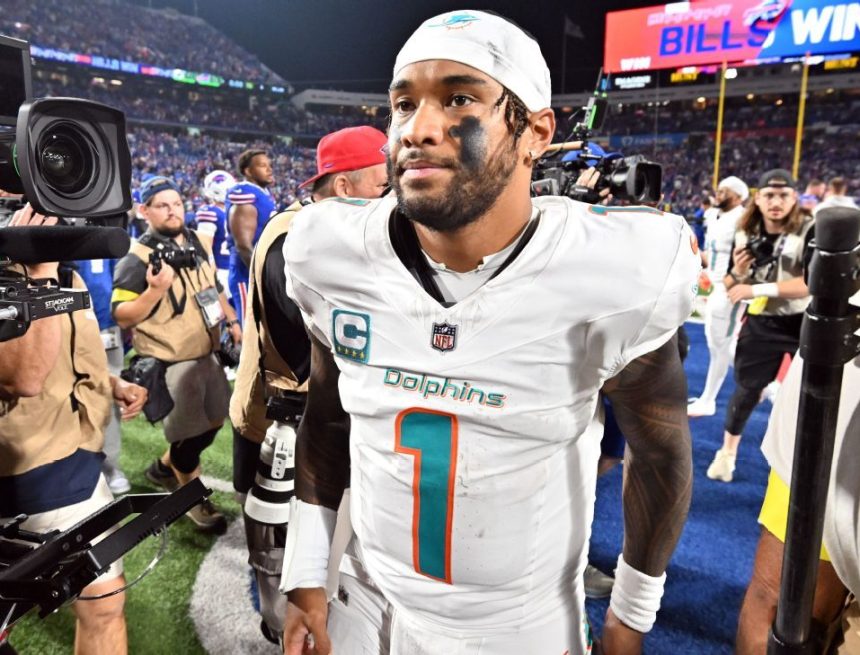LOS ANGELES — The Los Angeles Dodgers felt as if they addressed any concerns about the state of their team over the last three weeks of the regular season, while reeling off 15 wins in 20 games. But in case there was any doubt, they put their might on full display in two wild-card matchups against the Cincinnati Reds, the last of which, an 8-4 victory on Wednesday night, advanced them into the National League Division Series.
Blake Snell and Yoshinobu Yamamoto, half of a four-man rotation the Dodgers will ride in their pursuit of another title, combined to allow just two earned runs in 13⅔ innings. Ten batters, meanwhile, accumulated 26 hits, 15 of which came courtesy of Shohei Ohtani, Mookie Betts, Freddie Freeman and Teoscar Hernandez, the top half of what is still widely considered the sport’s deepest lineup. And in the end, even a weary bullpen — a hindrance throughout the summer, a potential obstacle in the fall — received a much-needed boost.
Roki Sasaki, the prized Japanese starting pitcher who became a reliever after finally recapturing his velocity last month, checked in for the top of the ninth and flummoxed the Reds with triple-digit fastballs and mind-bending splitters.
In the dugout, teammates howled.
Later, in the midst of a champagne-soaked celebration, many of them were still in awe.
“That guy is gross,” Dodgers reliever Tanner Scott said.
“Wow,” third baseman Max Muncy added. “All I can say is wow.”
The Dodgers, forced to play in the best-of-three wild-card series for the first time, have advanced to the Division Series for the 13th consecutive year, tied with the 1995 to 2007 New York Yankees for the longest streak since the round was introduced. They’ll now travel to face the Philadelphia Phillies, a team they lost two of three against from Dodger Stadium in the middle of September. And taking the ball in Game 1 — on Saturday, with game time still undetermined — will be Ohtani.
“I know that Sho will revel being in that environment and pitching in Game 1,” Dodgers president of baseball operations Andrew Friedman said. “I think we have a really talented rotation. I think it’s going to be a strength for us if we go forward.”
It was obvious on Tuesday, when Snell varied the velocity on his changeups while allowing two baserunners through the first six innings. And it was obvious on Wednesday, when Yamamoto pitched into the seventh inning without allowing an earned run.
The Reds took an early 2-0 lead when Hernandez dropped a fly ball with two outs in the first and 21-year-old rookie Sal Stewart followed with a two-run single. From there, Yamamoto retired 13 consecutive batters, five via strikeout. The Reds loaded the bases with none out against him in the sixth while trailing by only a run, but Yamamoto somehow wiggled free, getting Austin Hays to ground into a force at home and then striking out Stewart and Elly De La Cruz, both on curveballs.
Twenty-two months ago, the Dodgers lavished Yamamoto with the largest contract ever awarded to a starting pitcher. He languished through most of the 2024 regular season, then finally rounded into form in the playoffs and followed by putting together a Cy Young-caliber season in 2025. Over his last five regular-season starts, he allowed three runs in 34 innings. That dominance has carried over into October.
“He’s shown why he got the contract that he got,” Muncy said. “It’s really impressive to be behind him. You feed off it.”
The Dodgers’ offense took off for four runs immediately after Yamamoto stranded the bases loaded, stringing together four hits and cycling through 10 hitters. Just like in Game 1, it seemed as if they’d cruise to victory. And just like in Game 1, their bullpen made it far more interesting than it should have been.
Dodgers manager Dave Roberts sent Yamamoto back out for the seventh and watched him throw a career-high 113 pitches in hopes of putting less of a burden on his relievers. It helped buy him an inning. But the eighth was once again a struggle. Twenty-four hours after watching the Reds score three runs off Alex Vesia, Edgardo Henriquez and Jack Dreyer in Tuesday’s eighth inning, Roberts turned to Emmet Sheehan, the young starting pitcher who has made a case as the Dodgers’ best bullpen weapon in these playoffs, and hoped for a smoother ride.
Sheehan followed by allowing the first four batters to reach. He gave up a sacrifice fly to Tyler Stephenson, then got ahead in the count, 0-2, to Will Benson and threw a slider that nearly hit him. Roberts had seen enough. With two on, one out, the count 1-2 and two runs already across, he approached the mound, shared a word with Sheehan, then called on Vesia. Sheehan became the first pitcher to be pulled from a postseason game in the middle of an at-bat with two strikes since Game 5 of the 2021 NL Championship Series, when Roberts replaced an injured Joe Kelly with Evan Phillips.
“I trust him,” Roberts said of Sheehan. “It was his first real crack at kind of late leverage. He wasn’t sharp, but I believe in him.”
Vesia, a lefty, struck out right-handed pinch-hitter Miguel Andujar with a first-pitch fastball, then walked Matt McLain and retired TJ Friedl with a slider low and away to end the threat. An inning later, Sasaki came out of the bullpen, befuddled the Reds’ hitters, recorded three quick outs and, depending on what happens in the ensuing weeks, might have changed the complexion of an entire pitching staff.
A month ago, the Dodgers were languishing. Their offense was inconsistent, their rotation was only beginning to round into form and their bullpen was a mess.
Now, it seems, they’re bullish.
“I think we can win it all,” Roberts said when asked how far he believes his team can go. “I think we’re equipped to do that. We certainly have the pedigree. We certainly have the hunger. We’re playing great baseball. And in all honesty, I don’t care who we play. I just want to be the last team standing.”


